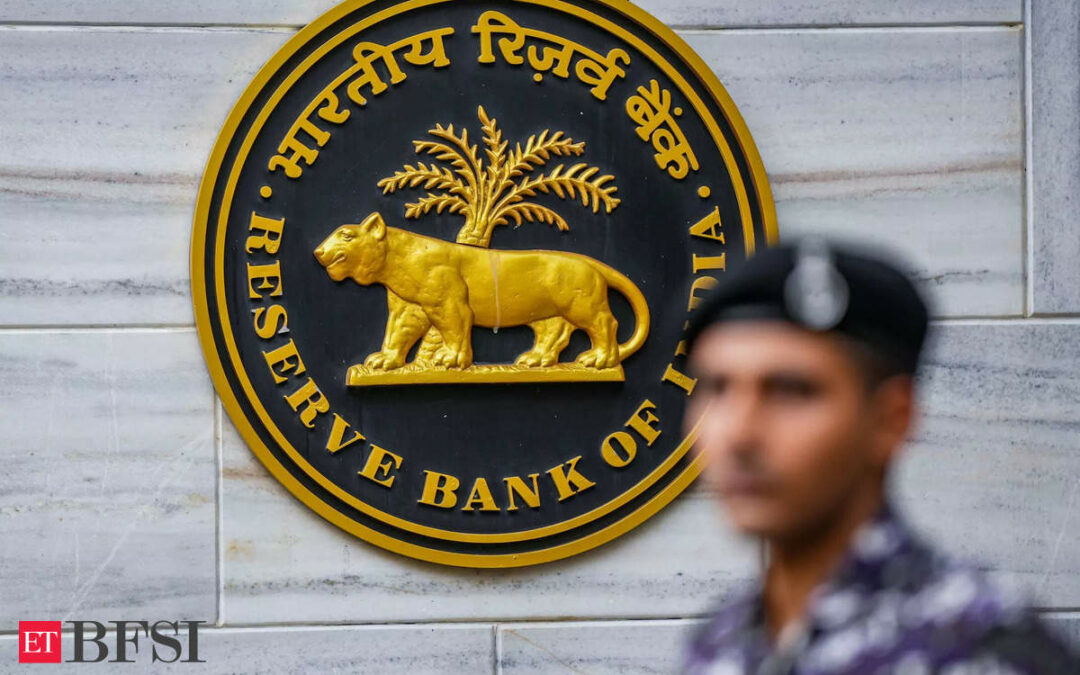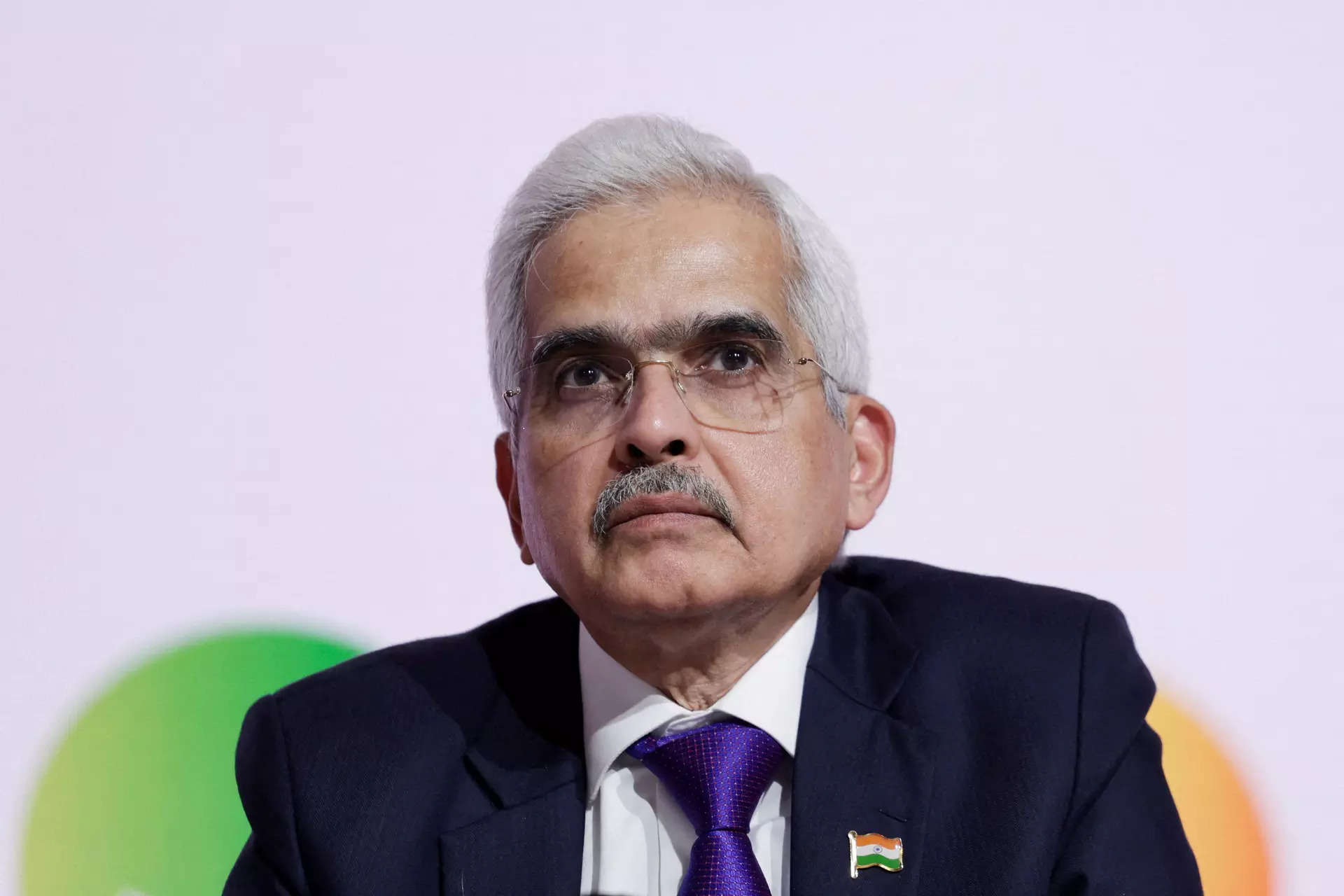While in the year 2023, India has witnessed many impactful events like geopolitical tensions worldwide, central banks globally hiking rates, the IPO boom, important M&A deals and much more, the Indian Central Bank has been quite proactive on the policy front.
The Reserve Bank of India has made many announcements in calendar year 2023 which made into the top headlines of the year. Let’s have a quick recap into some of the most important decisions taken by the Apex Bank :
1. RBI’s Rs 2000 note ban directive
The Reserve Bank of India had issued a directive on May 19, 2023 which removed Rs 2,000 banknotes from circulation and gave the public time until 30th September to exchange or deposit them. However, the date had been extended later to October 7.
RBI Governor Shaktikanta Das had said 96 per cent of the Rs 2,000 denomination notes being withdrawn have returned as deposits into banks while the rest has been exchanged across counters.
“According to the data received from banks, of the total value of Rs 3.56 lakh crore of Rs 2,000 banknotes in circulation as on May 19, 2023, Rs 3.42 lakh crore has been received back leaving only Rs 0.14 lakh crore in circulation as at the close of business on September 29, 2023. Thus, 96 per cent of the Rs 2,000 banknotes in circulation as on May 19, 2023 has since been returned ” the RBI said in a circular.
On October 7, both deposit and exchange services at bank branches were discontinued. Banks were asked not to accept Rs 2,000 notes from October 8, but that the notes would continue to be considered as a legal tender.
2. RBI ups consumer loans’ risk weights
In a major development the RBI issued regulatory measures to banks and NBFCs to increase risk weights associated with consumer credit and bank credit by an additional 25 percentage points. The Reserve Bank has directed to increase the risk weight on loan exposure to 125 per cent. Earlier, it attracted a risk weight of 100 per cent. They come into force with immediate effect, with mandatory adherence being sought before February-end next year.
Categories like housing loans, education loans, vehicle loans and loans secured by gold and gold jewellery would not be affected by RBI’s measure. Borrowers would have to shell out more as lenders try to compensate for the increase in capital requirement.
“The Reserve Bank of India’s tightening of underwriting norms through higher risk-weighted assets such as unsecured loans is credit positive because lenders will need to allocate higher capitals for such loans improving their loss-absorbing buffers and may dampen their growth appetite,” rating agency Moody’s recently said.
Over the past few years, India’s unsecured lending segment has become very competitive with banks, NBFCs and financial technology (fintech) companies, including several new entrants, aggressively growing loans in this category.

3. Cross Border Payment guidelines for Fintechs
The Reserve Bank of India had issued rules for payment aggregator cross-border (PA-CB) licences that would be mandatory for entities providing cross-border payment services. Applicants could choose to facilitate payments for imports, exports, or both. A key condition is that all non-bank PA-CBs should register themselves with the Financial Intelligence Unit-India (FIU-IND) as a prerequisite before applying for authorisation. Also, the applicant must have a minimum net worth of Rs 15 crore, and raise it to Rs 25 crore by 31 March, 2026.
As per the regulations, all Payment Aggregators (PAs) which facilitate the processing of domestic transactions in online mode are covered within the scope of the circulars.
The guidelines by the central bank is to directly regulate entities facilitating cross border payment transactions, since cross border payments are on the rise. Previously, RBI regulated cross-border payments through ad-hoc circulars.
All entities processing cross-border transactions would come under RBI’s ambit and would be clubbed under ‘Payment Aggregator-Cross Border’ (PA-CB) class. In the circular, the apex bank directed all ‘non-banks’ to apply for authorisation from RBI by April 30, 2024.
Existing Payment Aggregators should inform the RBI within 60 calendar days from the date of this circular about their existing PA-CB activities. If they want to continue these activities, they should seek approval from RBI for the same.
4. RBI’s frictionless credit platform to ease credit-access
The Reserve Bank of India had launched a pilot project in the form of a “Public Tech Platform for Frictionless Credit” in August 17, 2023. The move seeked to give digital information to lenders to expedite access to credit or loans. The pilot had been extended to four more states — Maharashtra, Uttar Pradesh, Karnataka, Gujarat (for dairy farmers) from August 17 this year.
The announcement was first made when the central banking regulator enumerated developmental and regulatory policies following the conclusion of the Monetary Policy Committee (MPC) meeting on August 14.
RBI stated that the platform was meant to be rolled out as a pilot project in a measured way, both in terms of access to information providers and use cases. The platform would help to disburse loans quicker. The public tech platform would facilitate linkages with services such as Aadhaar e-KYC, PAN validation, Aadhaar e-signing, account aggregation and house/property search data, among other things.
RBI’s project is designed to smoothen Kisan Credit Card lending by automating various processes within the banks and integrating their systems with service providers.
Ajay Kumar Choudhary, Executive director and head of the fintech department at the RBI said at the Global FinTech Fest 2023 that the launch of the public tech platform has helped reduce operational costs for lenders by more than 70 per cent, while for the farmer, the saving is 6 per cent of the loan amount. Moreover, there is massive savings in opportunity cost, as earlier a farmer had to make six to eight weekly rounds to the bank which has come down to minutes now.
5. Monetary policy decisions in 2023
While the RBI had raised repo rates by a total of 265 basis points in the calendar year 2022 and 290 basis points in financial year 2022-23, it raised the rates by only 25 basis points in 2023, in the month of February. From then, for consecutive four times the Reserve Bank has kept the repo rate unchanged at 6.5 per cent.
Besides the repo rate hikes, the RBI has made significant announcements in every policy meeting on UPI, bank liquidity, frictionless credit, MSMEs, etc.














